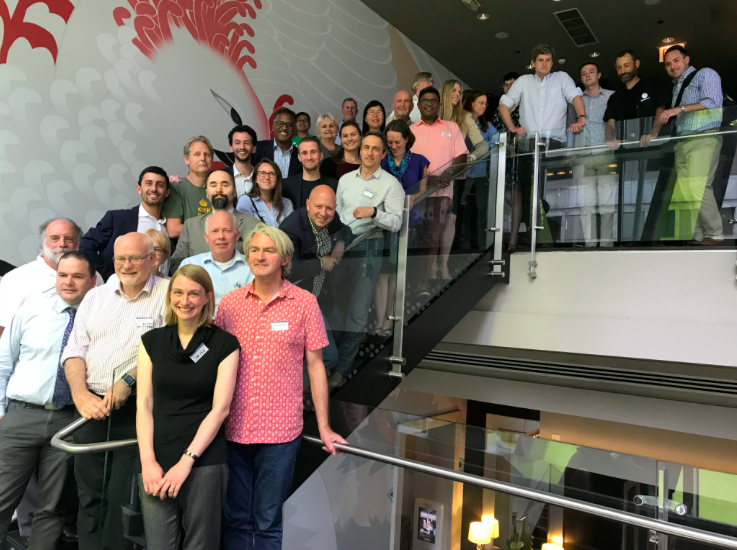
About Us
The Center for Evidence-Based Management (CEBMa) is the leading authority on evidence-based practice in the field of management and leadership. We are an independent, non-profit foundation that provides education and support to managers, leaders, consultants, teachers and others who want to enhance their understanding of how an evidence based approach helps people in organisations make better decisions.
Learn more
The services we provide
Although evidence-based management sounds straightforward, gathering, understanding and applying evidence requires a particular set of skills and knowledge. For this reason CEBMa offers online courses, masterclasses and additional services such as consultancy and evidence assessments.
Learn more
Resources & Tools
If you're looking for resources and tools to help you make better decisions in your organization, the Centre of Evidence-Based Management is an excellent place to start. With online learning modules, research databases, and personal support, CEBMa has everything you need to become a more effective evidence-based decision-maker.
Learn more
